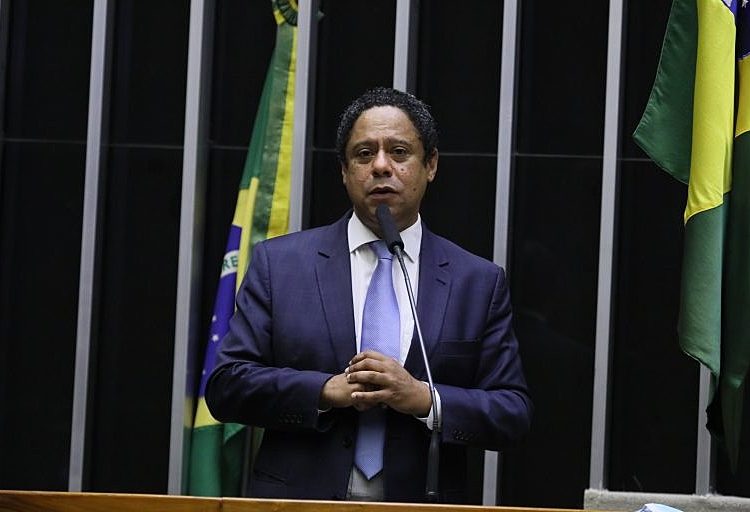The withdrawal of Brazil’s “Fake News Bill” (PL 2630) from the House of Deputies’ agenda in April 2024 came at a critical moment in the debate over internet regulation. The immediate trigger was an attack by Elon Musk, owner of X (formerly Twitter), against Supreme Court Justice Alexandre de Moraes. Musk accused the justice of illegal actions when blocking accounts on the platform.
Three days later, the House leadership and Speaker Arthur Lira removed left-wing federal deputy Orlando Silva from his role as rapporteur of the bill. Silva had led the process of drafting the text through dozens of public hearings. The project was then shelved, and Lira announced the creation of a new working group to prepare another proposal.
According to Silva, Musk’s actions were celebrated by Brazil’s far right, which he says opposes any form of regulation: “In their minds, you don’t change the rules of the game when you’re winning. And they believe they’re winning in an environment with no rules, where hate speech, attacks on democracy, and rights violations can thrive.”
The deputy told BdF in April 2024 that Musk only felt “so comfortable” making such statements against Justice Moraes because there are still no clear rules to regulate digital platforms in Brazil. “Criticizing a Supreme Court justice or a ruling is part of democracy. But it’s unacceptable for an eccentric billionaire to attack Brazil’s constitutional court and suggest he won’t comply with its rulings. If that becomes the norm, we’re in trouble,” Silva warned.
Silva also stressed that he always maintained a good relationship with Speaker Lira and that the bill even had his sympathy. However, from the beginning, he said, the text was targeted by Brazil’s far-right narrative: “When Jair Bolsonaro was president, he pointed at me many times and said: ‘This can’t work. How can a communist be in charge of this issue?’ The president of the PL party said the same thing on multiple occasions.”
He criticized congressional leaders for considering debating a bill to regulate artificial intelligence (PL 2338) alongside the Fake News Bill. “Regulating digital platforms is already complex. If you mix it with artificial intelligence, it becomes much harder. Globally, these are separate debates. Linking them here just shows that leaders know what they don’t want, but not what they do want,” he argued.
Silva highlighted that the concepts in PL 2630 were based on international frameworks, such as the European Union’s Digital Services Act and Germany’s 2017 legislation, which introduced the duty-of-care principle, as well as UN guidelines and academic research: “I didn’t invent these ideas. They came from a long public debate and global experience,” he said.
The lawmaker also commented on tensions between the Supreme Court and Congress. During the controversy, Justice Dias Toffoli suggested reopening debate on Brazil’s Internet Civil Framework. For Silva, the Court plays a crucial moderating role: “Upholding the Constitution may upset temporary majorities or governments, but that’s the Court’s role. That’s why I defend it and criticize far-right narratives that attack it—because, in my view, they are preparing to attack democracy itself. If you destroy the constitutional court, power falls to whoever controls Congress or the government of the day. It’s very delicate. We must preserve the Court and find a balance. After all, the judiciary only acts when provoked, never on its own,” he concluded.
*Interview from April 17th, 2024.




